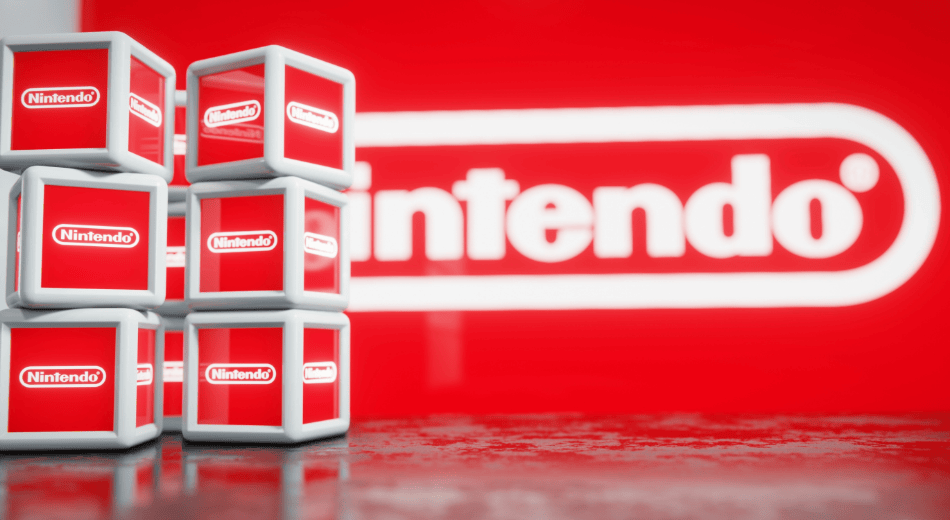
Nintendo has acknowledged unauthorized modifications to external servers following claims of a cyberattack by the Crimson Collective hacking group.
However, the company maintains that no sensitive data, personal or developmental, was compromised.
Nintendo is a global leader in video game development and hardware, with franchises like Super Mario, The Legend of Zelda, and Pokémon forming the backbone of its massive international footprint. The company operates numerous online services tied to user accounts and digital distribution platforms, making it a high-value target for cybercriminals.
The incident first came to light on October 11, 2025, when cybersecurity firm Hackmanac posted on X that Crimson Collective had targeted the Japanese gaming giant. The same threat group previously claimed responsibility for a high-profile breach at Red Hat. In their post, Crimson Collective included an image allegedly showing internal Nintendo directories with folder names like “nintendo-topics,” suggesting unauthorized access to corporate systems. The authenticity of this evidence, however, remains unverified.
Crimson Collective is a financially motivated threat actor specializing in extortion-based attacks. The group typically gains illicit access to cloud infrastructure, exfiltrates confidential data, and then demands ransom in exchange for non-disclosure or non-release of the stolen material.
Nintendo finally responded to media inquiries, stating there was no evidence of leaked customer information or internal development data. The firm confirmed that certain external servers used to display parts of the Nintendo website had been altered without authorization. The company emphasized that there was no sign of deeper infiltration into its internal networks, nor any known impact on customers.
This is not Nintendo’s first cybersecurity challenge. In 2020, the firm disclosed a large-scale credential stuffing attack against its Nintendo Network ID (NNID) system, affecting approximately 300,000 accounts. Hackers exploited reused credentials from unrelated data breaches to gain unauthorized access, leading to several cases of fraudulent purchases. At the time, Nintendo was forced to reset passwords and reimburse affected users.
Last year, the Japanese gaming giant warned about phishing emails that impersonated its brand, sent to customers. The links in these messages led victims to phishing pages where they were prompted to enter sensitive information.
While the current incident appears limited in scope, the gap between hacker claims and official statements reflects a growing pattern seen in recent ransomware and extortion campaigns where adversaries seek to pressure organizations by exaggerating or selectively leaking stolen data.
In any case, Nintendo account holders are advised to use unique, long passwords, enable two-factor authentication (2FA), and monitor account activity for unusual logins or unauthorized purchases.







Leave a Reply